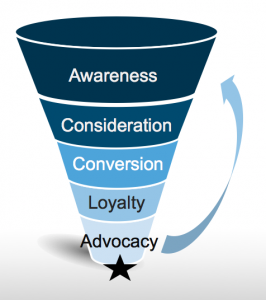For many professionals, the shift in responsibility from individual contributor to manager can be a bit of a rocky transition. Going from worrying solely about your own performance to being responsible for motivating and leading others is a huge shift in both thinking and daily tasks.
Here are four typical mistakes first-time managers should try to avoid:
Helicopter Management Tactics
A common management mistake starts with the belief that if your employees aren’t sitting at their desks, then they aren’t working. Not only will your direct reports resent the feeling of being under surveillance, but it also shows that you are out of touch with their objectives and their progress towards meeting them. Only if deadlines are slipping or if work is sloppy should you be concerned about a lack of face time. Helicopter management will only serve to drive away good employees who feel they aren’t trusted to do their own work.
Micromanagement
As a manager, it’s important to understand that there is always more than one way to get work done. A friend of mine once complained to me that her manager insisted on personally editing every marketing document—not to correct bad grammar, but to make it sound exactly the way she would write it. This turned the manager into a bottleneck, leading to missed deadlines and major frustration for the team. Good managers understand that, as they move up the corporate ladder, they need to transition from doers to facilitators. As long as work is getting done well, let workers use their own processes.
Fear-Based Decision-Making
New managers often lack confidence in their abilities, which can lead to fear-based decision-making designed to protect their professional image. Common mistakes here include taking credit for an employee’s work to make yourself look good, or squashing creative ideas your team comes up with to avoid “rocking the boat.” Remember that the best managers are mentors and coaches who help their employees shine.
Too Focused on Being Liked
There’s a little George Costanza in all of us saying, “I must be liked!” And of course it’s always more pleasant to work with those that we enjoy spending time with. However, it’s also important to not be afraid of counseling team members who are under-performing. It’s more important for a manager to gain her team’s respect than to gain another Facebook friend. Constructive feedback only makes people stronger, and the best employees welcome it.
Business & Finance Articles on Business 2 Community(37)






